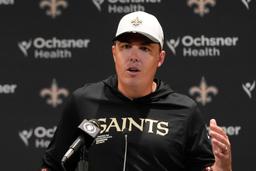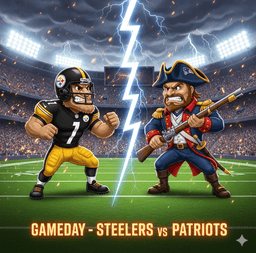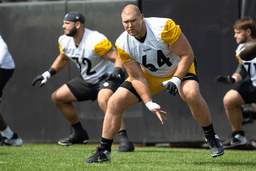This Overlooked Rookie Could Be the Packers’ Hidden Game-Changer
Green Bay, WI – July 16, 2025
While the NFL buzzes about high-profile draft picks and veteran stars, a quiet force is emerging within the walls of Ray Nitschke Field. As the Green Bay Packers gear up for training camp, one rookie is stealing the show without the glare of national headlines—and if you’re not paying attention, you might miss the next big thing in Titletown.
His name? Savion Williams. Drafted in the third round out of TCU, this wide receiver isn’t dazzling social media with viral clips or bold soundbites. Instead, he’s earning his stripes with relentless effort in every drill, every rep, and every chance to prove his worth on the Packers’ revamped offense.
“People aren’t talking about him yet, but we see what he’s got,” a veteran teammate told local reporters. “He’s got something special brewing.”
Williams’ college resume backs up the hype. In 2024, he posted 58 receptions for 812 yards and 6 touchdowns, showcasing a reliable pair of hands and a knack for finding space, per NCAA stats. With Christian Watson sidelined by a torn ACL, the Packers’ receiver room is wide open, and Williams is seizing the moment. His 6-foot-4 frame and smooth route-running have caught the eye of coaches, who see him as a potential deep threat to complement Jayden Reed and Matthew Golden.
Mentorship is already in play. Jordan Love has been spotted working closely with Williams after practices, while Romeo Doubs has praised his work ethic as “contagious.” In a locker room hungry for new talent, Williams isn’t fading into the background—he’s adapting, learning, and growing fast.
That understated rise might be his edge. While analysts fixate on Golden’s first-round pedigree, Williams is quietly positioning himself as Green Bay’s best-kept secret. His lack of hype could turn into a weapon by Week 1, catching defenses off guard.
In Green Bay, where underdogs often write their own legends, Williams embodies that spirit. If he keeps this trajectory, he won’t just survive—he could redefine the Packers’ passing game. Stay tuned as training camp unfolds to see if this hidden gem sparks a breakout season.












